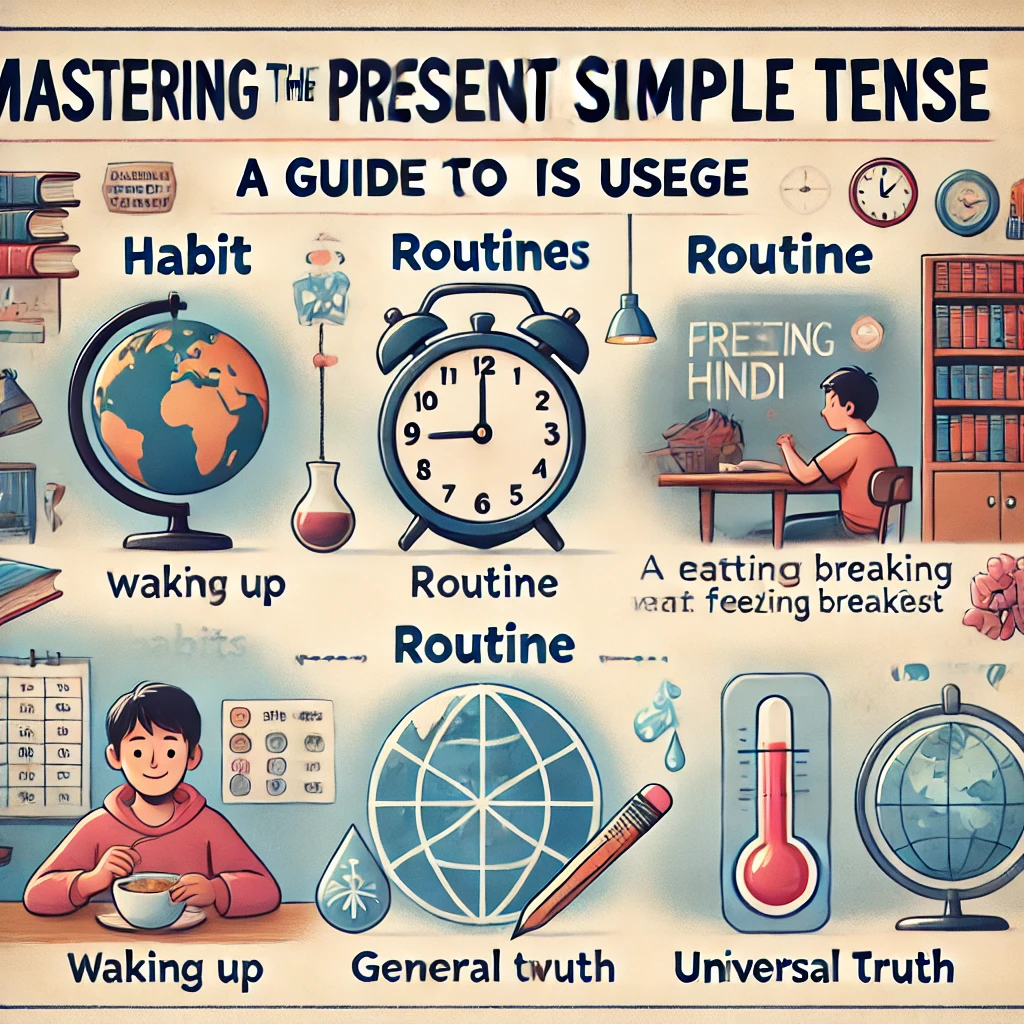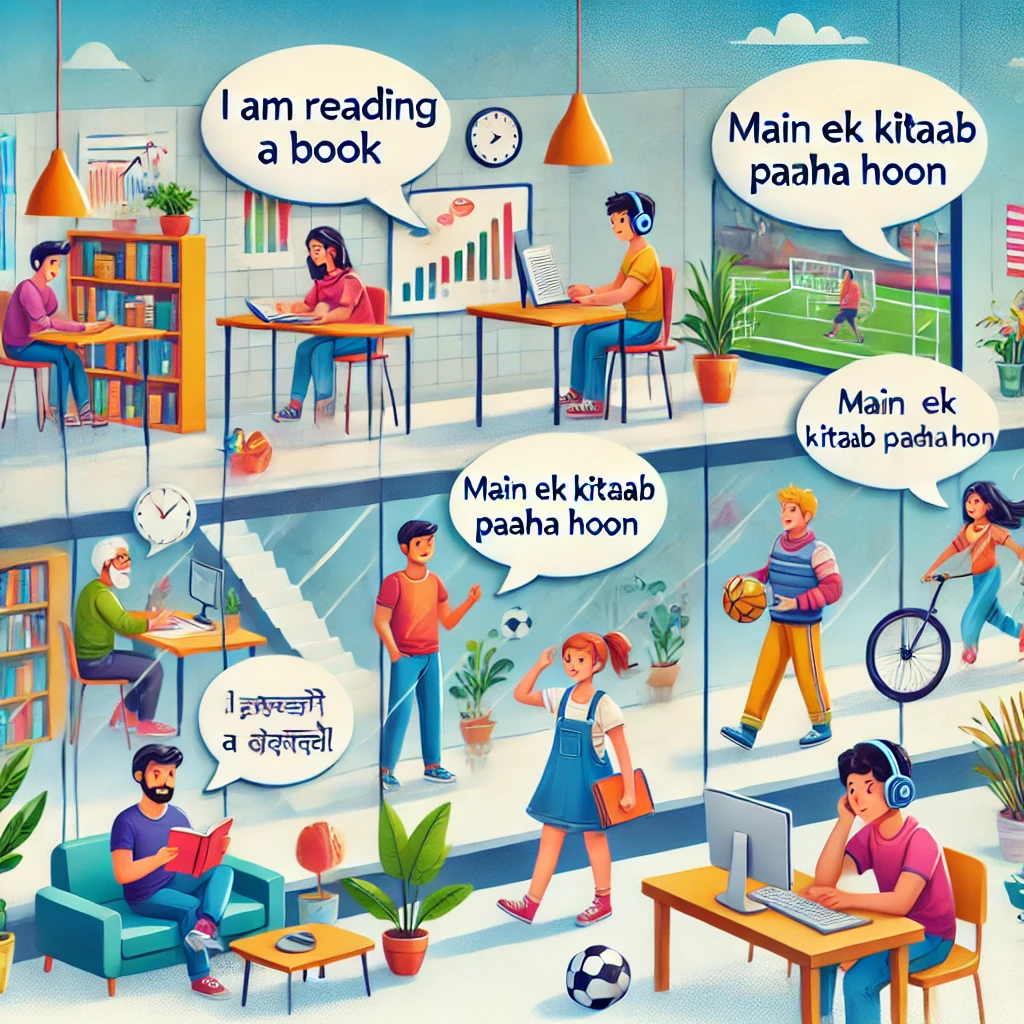Hindi Explanation:
भविष्य पूर्णकाल (Future Perfect Tense) का प्रयोग कल्पना और वास्तविकता दोनों प्रकार की लेखन शैलियों में अलग-अलग तरीके से होता है। कथा साहित्य में, यह भावी समय में किसी घटना के पूर्ण होने पर जोर देता है, पाठक को एक संपूर्ण परिणाम दिखाता है। उदाहरण के लिए, "वह एक घंटे में सौ कहानियाँ लिख चुका होगा" में, पाठक को पता चलता है कि कहानियाँ लिखने की क्रिया पूरी हो चुकी होगी। वास्तविकता में, भविष्य पूर्णकाल आने वाले समय में किसी योजना या भविष्यवाणी के पूर्ण होने का संकेत देता है। उदाहरण के लिए, "2025 तक हम इस परियोजना को पूरा कर चुके होंगे" में, यह एक निश्चित योजना या लक्ष्य को दर्शाता है। इस प्रकार, कथा लेखन में यह संभावना या अनुमान पर ज़ोर देता है, जबकि गैर-कथा लेखन में यह निश्चितता या योजना पर केंद्रित होता है। इसके प्रयोग में यह अंतर समझना कथा और गैर-कथा दोनों में प्रभावी लेखन के लिए आवश्यक है।
English Explanation:
The Future Perfect tense (will have + past participle) finds distinct applications in fictional and non-fictional writing. In fiction, it emphasizes the completion of an action by a specific point in the future, presenting a completed outcome to the reader. For instance, "He will have written a hundred stories by the hour" highlights the finished nature of the storytelling act. In non-fiction, the Future Perfect often indicates the completion of a planned action or a prediction about the future. For example, "By 2025, we will have completed this project" conveys a definite plan or a strong prediction. Therefore, in fiction, it often underscores possibility or conjecture, while in non-fiction, it centers on certainty or a planned outcome. Understanding this nuanced application is crucial for effective writing in both fictional and non-fictional contexts. The choice depends heavily on the writer's intent to convey either a confirmed result or a speculated one.
| English | Hindi | Roman Hindi |
|---|---|---|
| By next year, I will have finished my course. | अगले साल तक, मैं अपना कोर्स पूरा कर चुका/चुकी होऊँगा/होऊँगी। | Agle saal tak, main apna course pura kar chuka/chuki hoonga/hoongi. |
| She will have travelled to Europe by then. | तब तक वह यूरोप घूम चुकी होगी। | Tab tak vah Europe ghum chuki hogi. |
| They will have built the house by the spring. | वसंत ऋतु तक वे घर बना चुके होंगे। | Vasant ritu tak ve ghar bana chuke honge. |
| We will have eaten dinner by 7 pm. | शाम 7 बजे तक हम खाना खा चुके होंगे। | Shaam 7 baje tak hum khana kha chuke honge. |
| The bird will have flown south by winter. | सर्दियों तक चिड़िया दक्षिण की ओर उड़ चुकी होगी। | Sardiyon tak chidiya dakshin ki or ud chuki hogi. |
| He will have read the entire book by tomorrow. | कल तक वह पूरी किताब पढ़ चुका होगा। | Kal tak vah puri kitab padh chuka hoga. |
| By next month, I will have saved enough money. | अगले महीने तक, मैं पर्याप्त पैसे बचा चुका/चुकी होऊँगा/होऊँगी। | Agle mahine tak, main paryapt paise bacha chuka/chuki hoonga/hoongi. |
| The scientists will have completed the experiment by then. | तब तक वैज्ञानिक प्रयोग पूरा कर चुके होंगे। | Tab tak vigyanik prayog pura kar chuke honge. |
| Will you have finished your homework by tonight? | क्या आप आज रात तक अपना होमवर्क पूरा कर चुके होंगे? | Kya aap aaj raat tak apna homework pura kar chuke honge? |
| The rain will have stopped by morning. | सुबह तक बारिश बंद हो चुकी होगी। | Subah tak barish band ho chuki hogi. |




